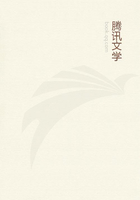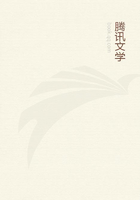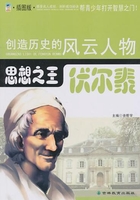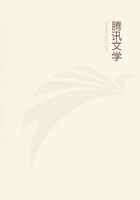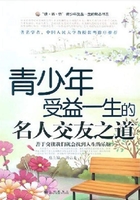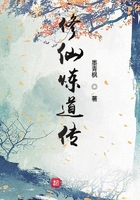1. The Popular Rites.
A USEFUL clue to the original nature of a god or goddess is often furnished by the season at which his or her festival is celebrated. Thus, if the festival falls at the new or the full moon, there is a certain presumption that the deity thus honoured either is the moon or at least has lunar affinities. If the festival is held at the winter or summer solstice, we naturally surmise that the god is the sun, or at all events that he stands in some close relation to that luminary. Again, if the festival coincides with the time of sowing or harvest, we are inclined to infer that the divinity is an embodiment of the earth or of the corn. These presumptions or inferences, taken by themselves, are by no means conclusive; but if they happen to be confirmed by other indications, the evidence may be regarded as fairly strong.
Unfortunately, in dealing with the Egyptian gods we are in a great measure precluded from making use of this clue. The reason is not that the dates of the festivals are always unknown, but that they shifted from year to year, until after a long interval they had revolved through the whole course of the seasons. This gradual revolution of the festal Egyptian cycle resulted from the employment of a calendar year which neither corresponded exactly to the solar year nor was periodically corrected by intercalation.
If the Egyptian farmer of the olden time could get no help, except at the rarest intervals, from the official or sacerdotal calendar, he must have been compelled to observe for himself those natural signals which marked the times for the various operations of husbandry. In all ages of which we possess any records the Egyptians have been an agricultural people, dependent for their subsistence on the growth of the corn. The cereals which they cultivated were wheat, barley, and apparently sorghum (Holcus sorghum, Linnaeus), the doora of the modern fellaheen. Then as now the whole country, with the exception of a fringe on the coast of the Mediterranean, was almost rainless, and owed its immense fertility entirely to the annual inundation of the Nile, which, regulated by an elaborate system of dams and canals, was distributed over the fields, renewing the soil year by year with a fresh deposit of mud washed down from the great equatorial lakes and the mountains of Abyssinia.
Hence the rise of the river has always been watched by the inhabitants with the utmost anxiety; for if it either falls short of or exceeds a certain height, dearth and famine are the inevitable consequences. The water begins to rise early in June, but it is not until the latter half of July that it swells to a mighty tide. By the end of September the inundation is at its greatest height. The country is now submerged, and presents the appearance of a sea of turbid water, from which the towns and villages, built on higher ground, rise like islands. For about a month the flood remains nearly stationary, then sinks more and more rapidly, till by December or January the river has returned to its ordinary bed. With the approach of summer the level of the water continues to fall. In the early days of June the Nile is reduced to half its ordinary breadth; and Egypt, scorched by the sun, blasted by the wind that has blown from the Sahara for many days, seems a mere continuation of the desert. The trees are choked with a thick layer of grey dust. A few meagre patches of vegetables, watered with difficulty, struggle painfully for existence in the immediate neighbourhood of the villages. Some appearance of verdure lingers beside the canals and in the hollows from which the moisture has not wholly evaporated. The plain appears to pant in the pitiless sunshine, bare, dusty, ash-coloured, cracked and seamed as far as the eye can see with a network of fissures. From the middle of April till the middle of June the land of Egypt is but half alive, waiting for the new Nile.
For countless ages this cycle of natural events has determined the annual labours of the Egyptian husbandman. The first work of the agricultural year is the cutting of the dams which have hitherto prevented the swollen river from flooding the canals and the fields. This is done, and the pent-up waters released on their beneficent mission, in the first half of August. In November, when the inundation has subsided, wheat, barley, and sorghum are sown. The time of harvest varies with the district, falling about a month later in the north than in the south. In Upper or Southern Egypt barley is reaped at the beginning of March, wheat at the beginning of April, and sorghum about the end of that month.
It is natural to suppose that the various events of the agricultural year were celebrated by the Egyptian farmer with some simple religious rites designed to secure the blessing of the gods upon his labours. These rustic ceremonies he would continue to perform year after year at the same season, while the solemn festivals of the priests continued to shift, with the shifting calendar, from summer through spring to winter, and so backward through autumn to summer. The rites of the husbandman were stable because they rested on direct observation of nature: the rites of the priest were unstable because they were based on a false calculation. Yet many of the priestly festivals may have been nothing but the old rural festivals disguised in the course of ages by the pomp of sacerdotalism and severed, by the error of the calendar, from their roots in the natural cycle of the seasons.

